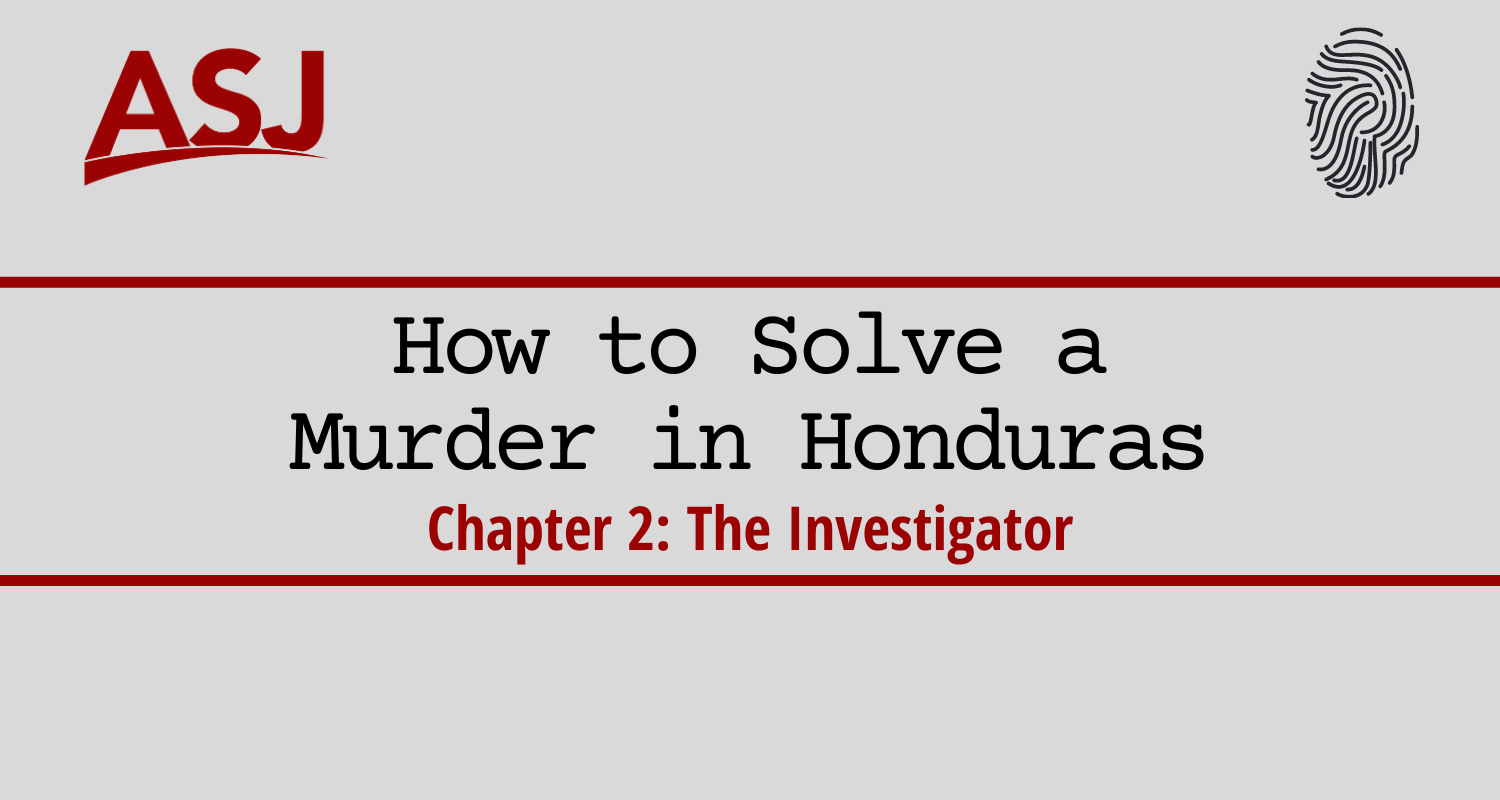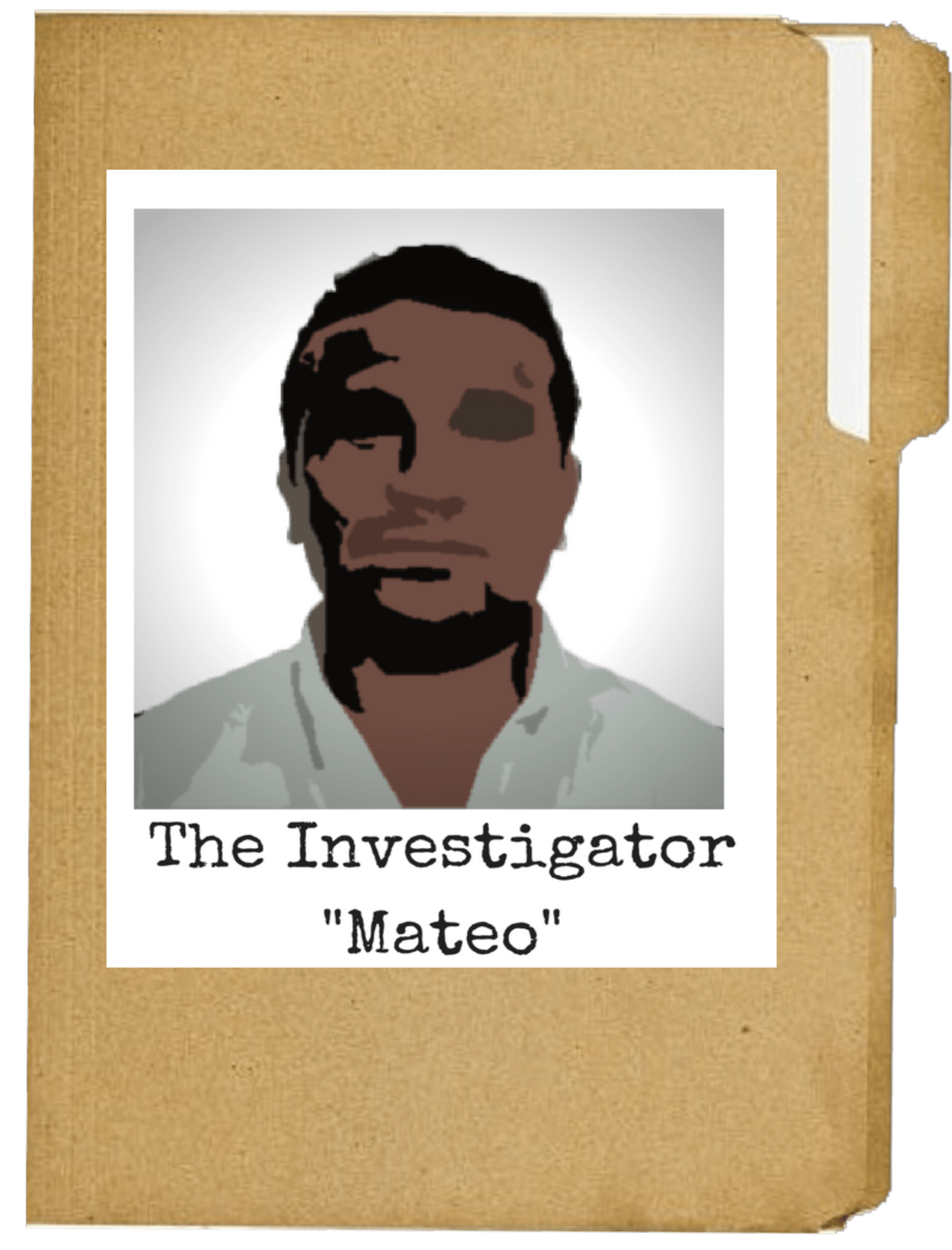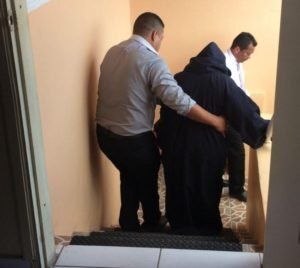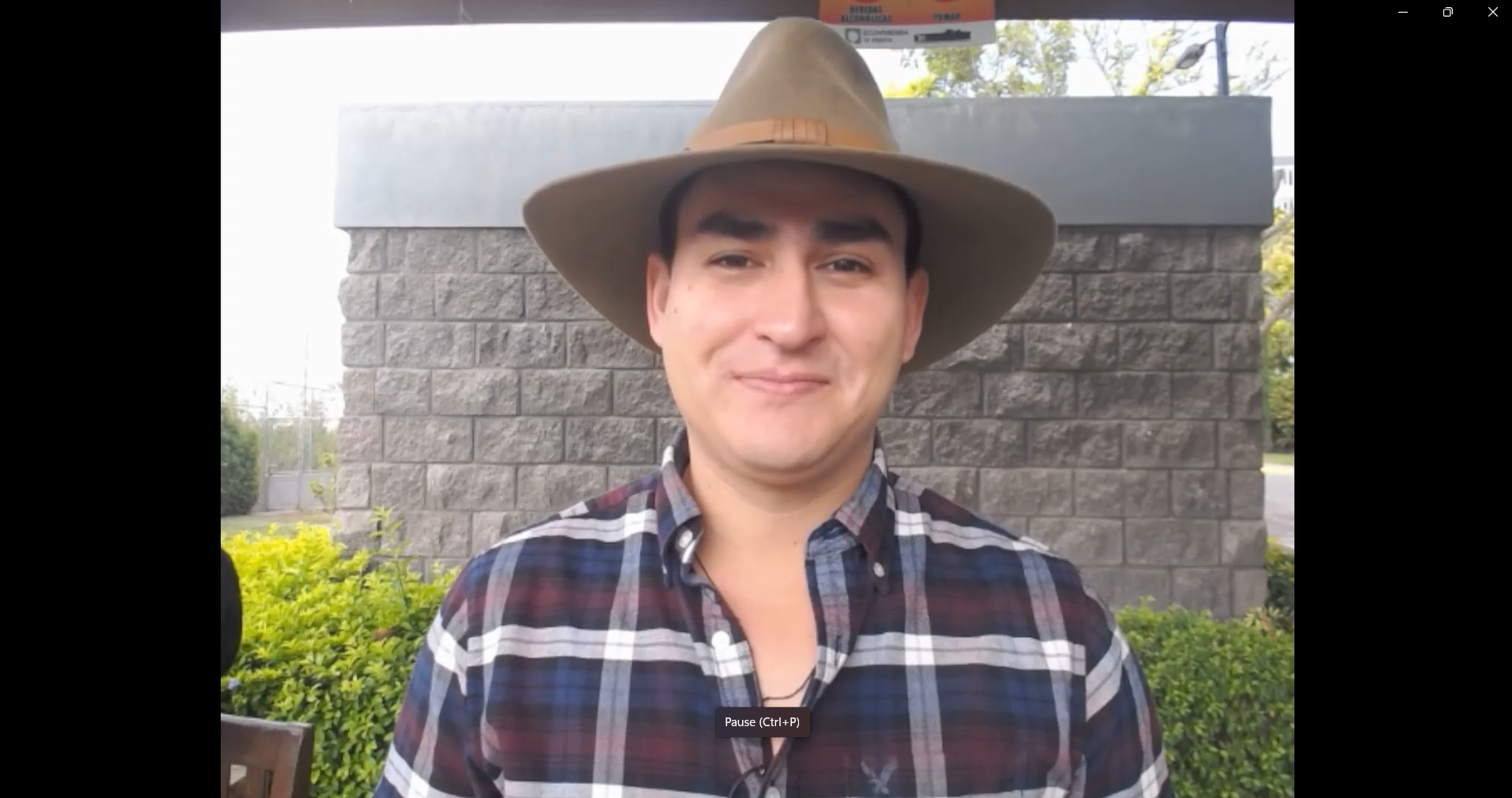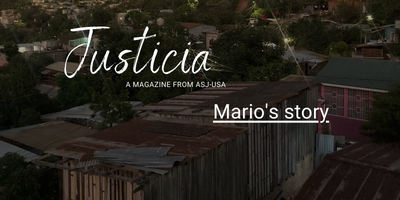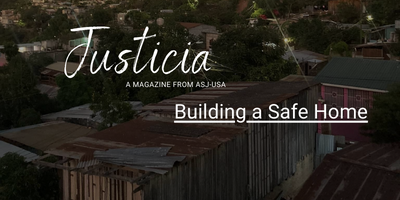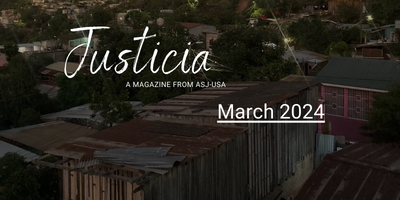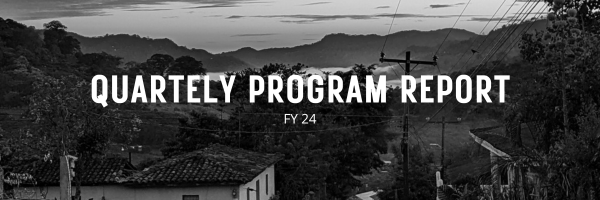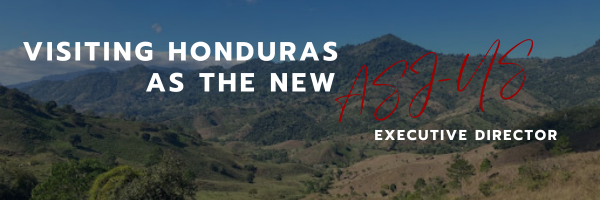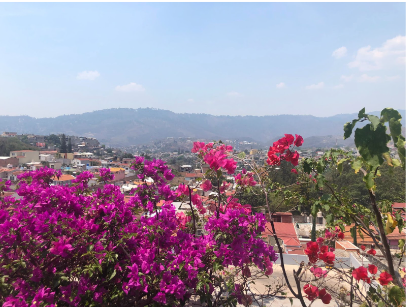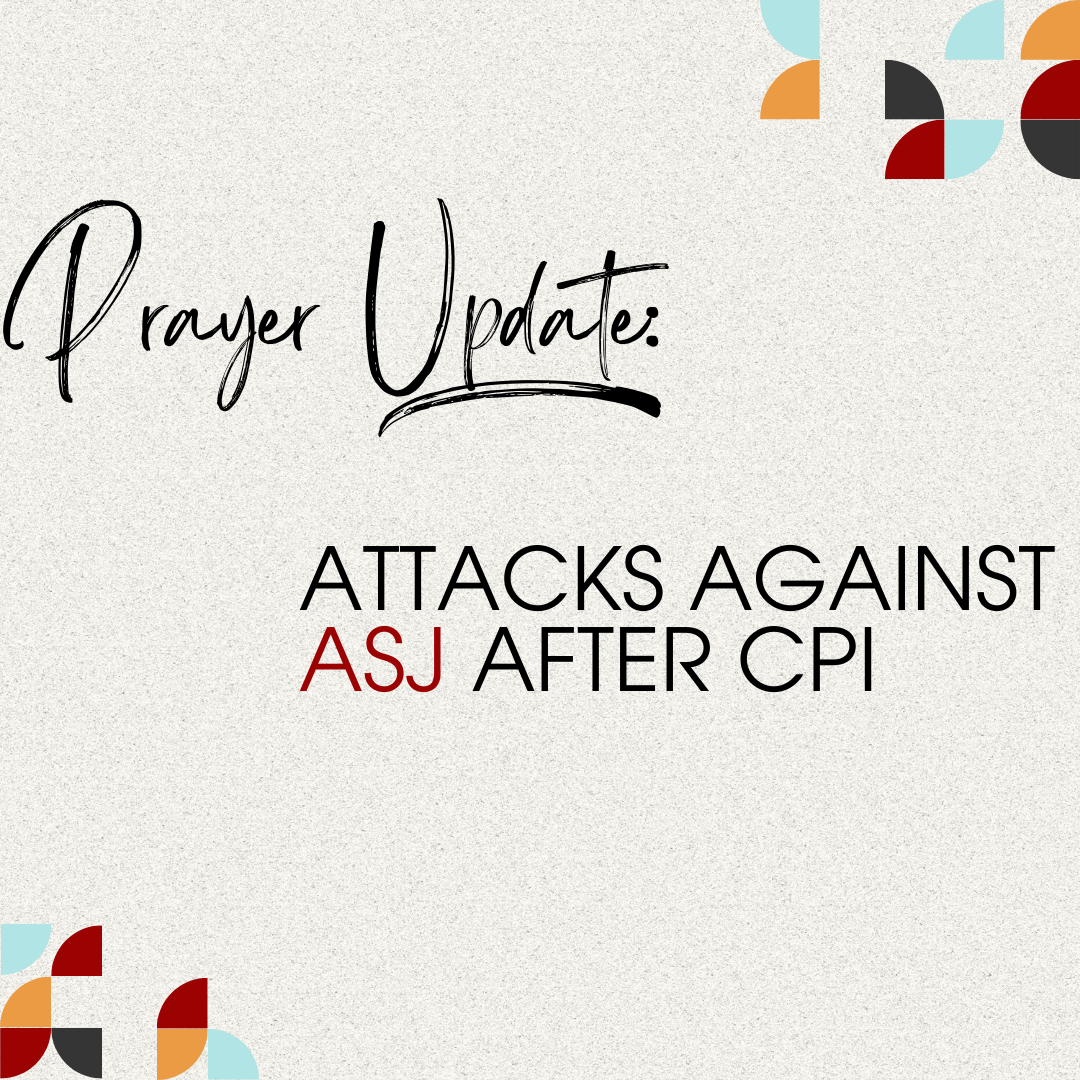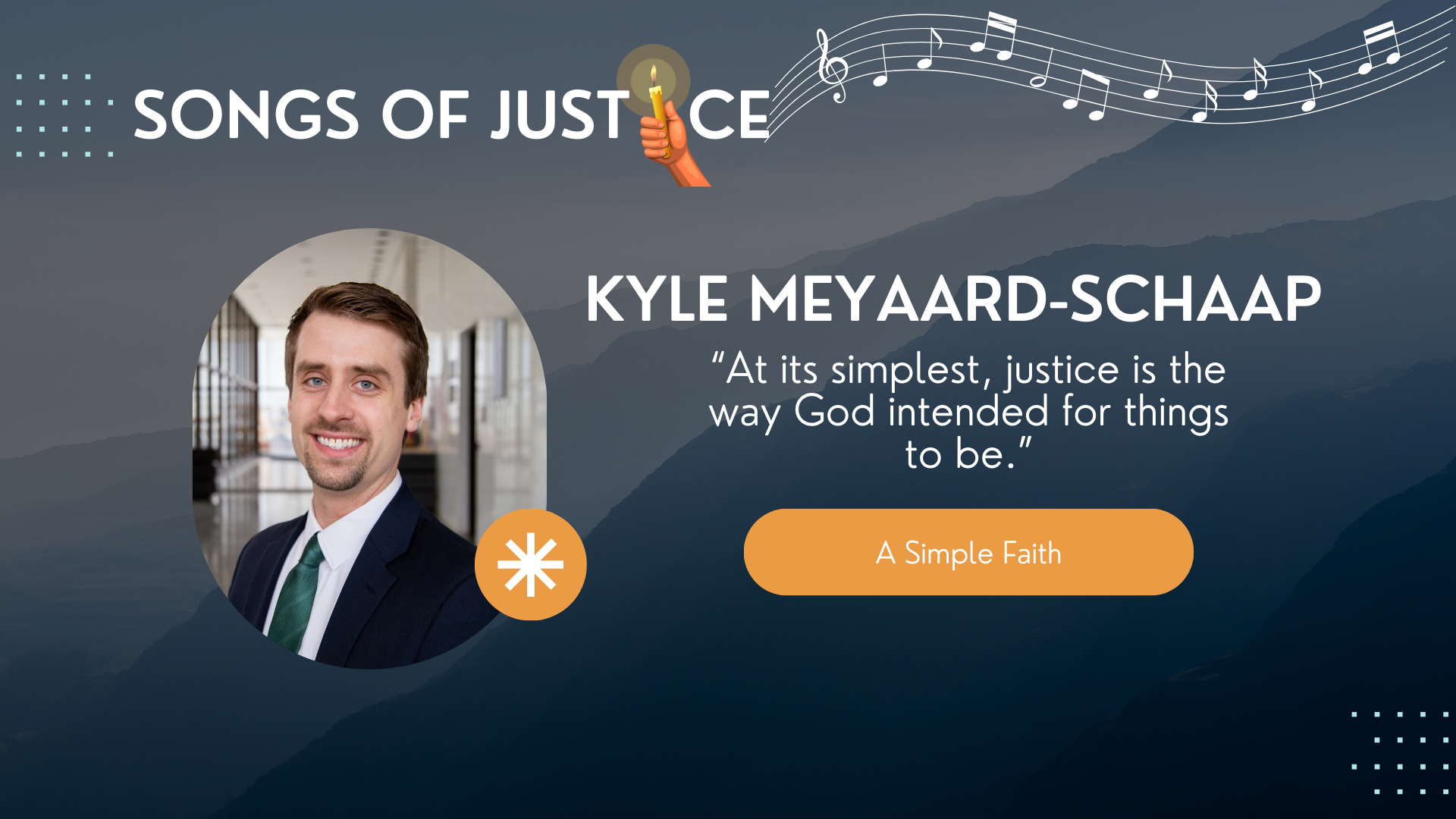By Sara Pineda
•
02 Feb, 2024
On January 30th, 2024, ASJ unexpectedly became the target of a ferocious attack by the Honduran government—an attack that is escalating and has put ASJ and our staff at risk. I am writing to ask you to raise your voice in prayer, support, and advocacy as we determine how to best respond to this situation while continuing to work for justice in Honduras. The Situation: ASJ has the honor of being the Honduran chapter of Transparency International (TI), which produces the most influential corruption index in the world. On Tuesday, January 30, ASJ held a press conference to share Honduras’ ranking in the index published by TI early that morning (Honduras' rank had stayed the same as the previous year--154th out of 180 countries). Government officials, furious that Honduras’ ranking had not improved, immediately began to threaten ASJ and our staff in the media. First, the president of Congress, in his opening session of the year, said that “there would be consequences” for ASJ’s report. An hour later, another high-level official warned that “ASJ’s days are numbered.” On Wednesday, the minister of transparency announced that government authorities “would definitely be taking legal action against ASJ.” This is certainly not the first time that ASJ has been attacked and threatened for speaking up and telling the truth. We know from long experience that doing justice makes those who abuse their power angry. But this is the first time these attacks are coming directly from the Honduran government, which has the power to use legal and physical force to intimidate and silence its critics and seems increasingly willing to do so. The government’s threats are a stark example of the threats to democracy that are increasing around the world. We are taking these threats seriously and doing everything we can to ensure that our justice work continues uninterrupted. My friend and co-director, Carlos Hernandez, reminds us often that “Truth has power.” At ASJ we are committed to telling the truth —through our investigations and our press conferences. It is how we carry out God’s call to do justice for those most vulnerable, and it is not negotiable. But we know we cannot do this alone, especially in these moments. Our staff is always encouraged and sustained by the knowledge that thousands of people around the world care about what happens in Honduras and walk alongside them as they do this difficult work. Here are three ways you can stand with us today: Pray for wisdom as we respond to this threat, for the safety of our staff, and for a path forward as we continue our work. Sign up for prayer alerts here . Support us financially as we increase security measures in Honduras to make sure our staff stays safe during this volatile time. Call your congressional representative to tell them what is happening and urge them to speak out against the attacks against ASJ and against the Honduran government's increasing disregard for democratic rule. You can enter your zip code here to find your representative's office phone number. Feel free to use this script as a guide: My name is [NAME], and I am a constituent from [CITY]. I’m calling to tell you about very concerning attacks on a civil society organization that I support in Honduras called the Association for a More Just Society. Simply for publishing an independent report on corruption in the country, they are now being threatened and attacked by the Honduran government. Please do all you can to speak out against this abuse of power and to support civil society—in Honduras and around the world. Thank you for standing with us!



